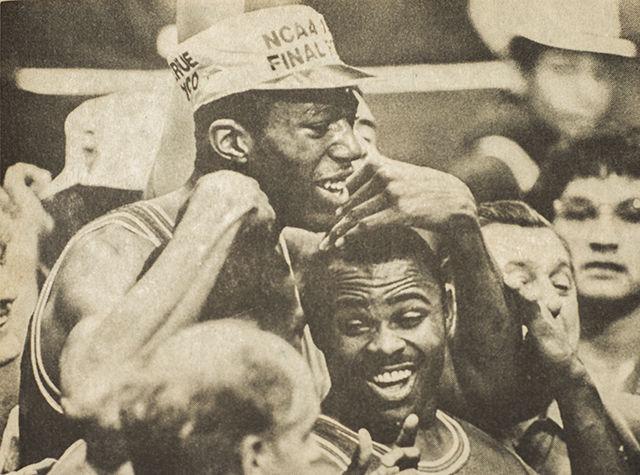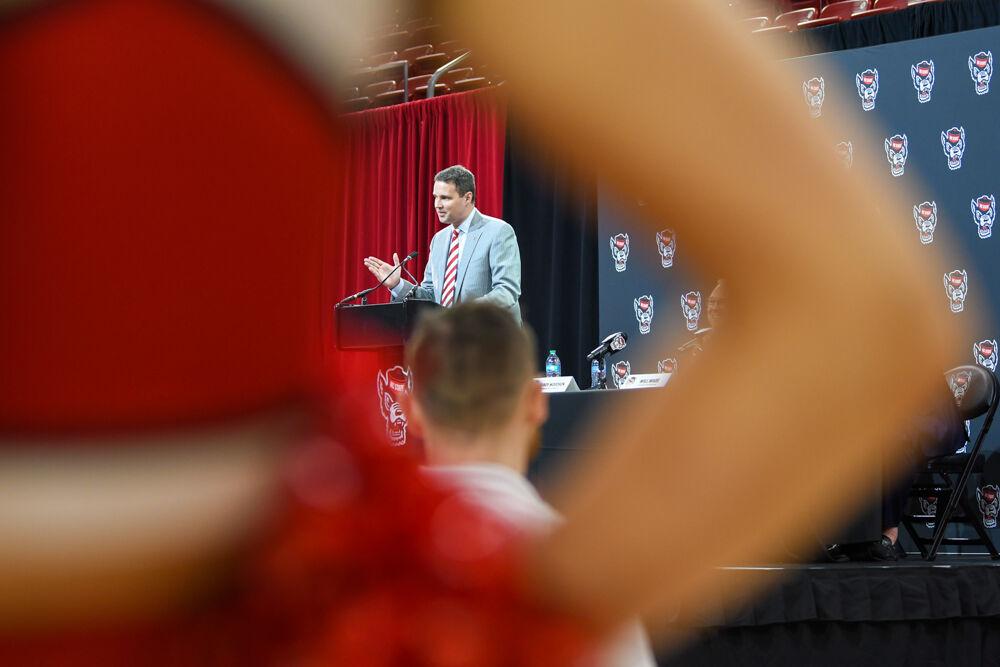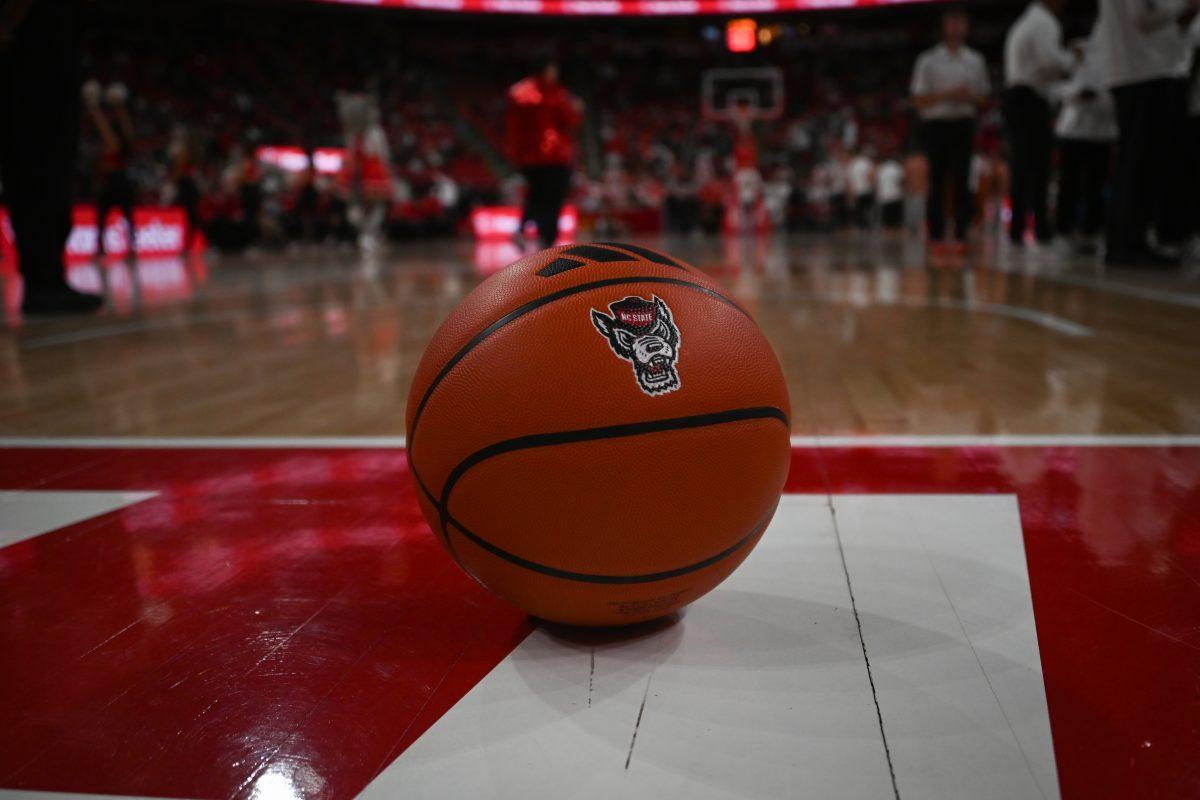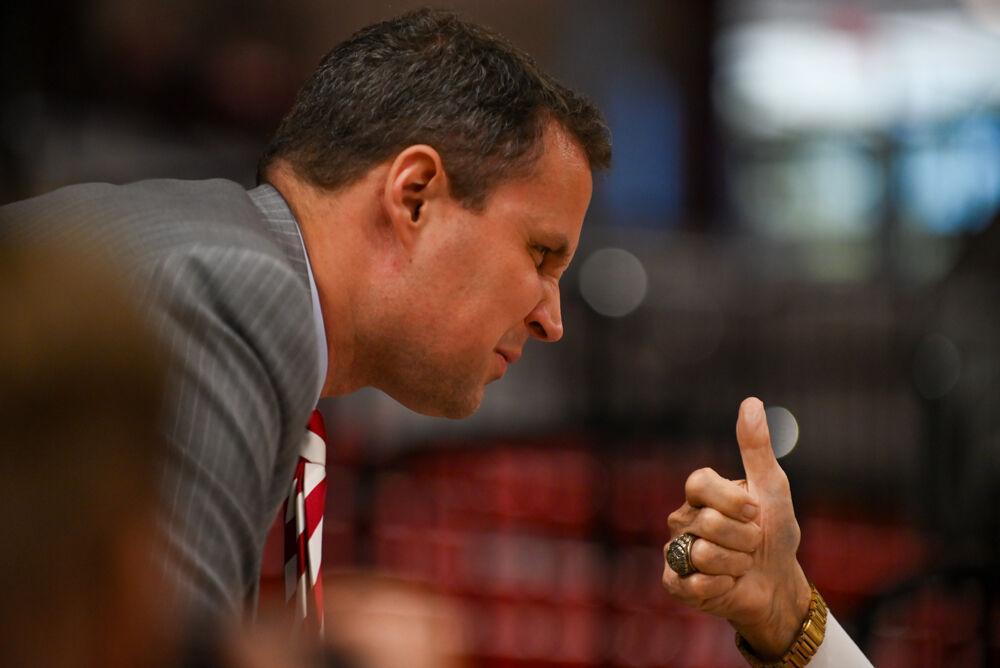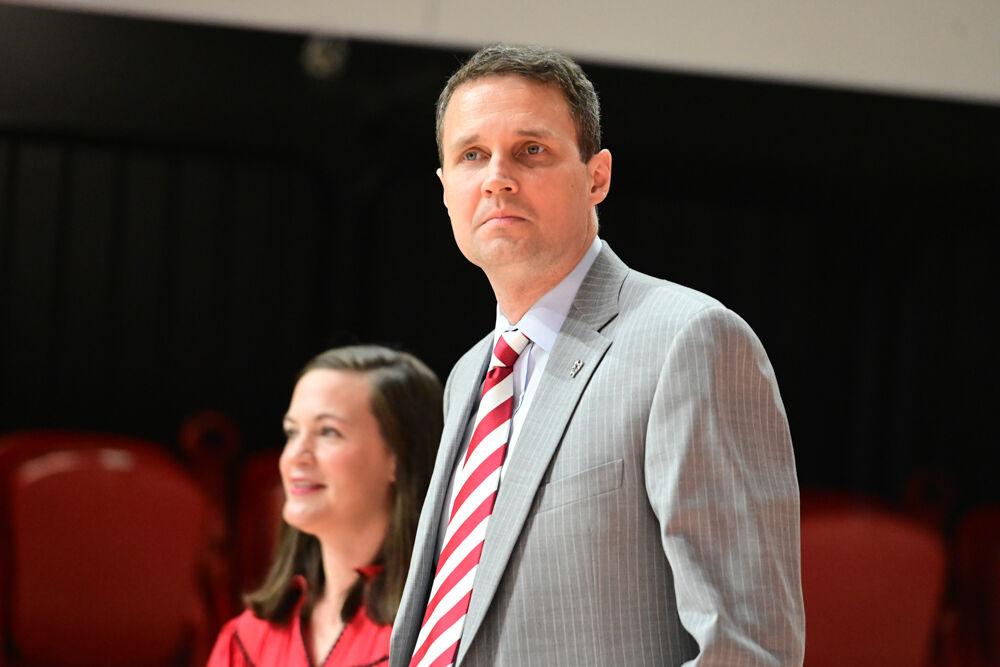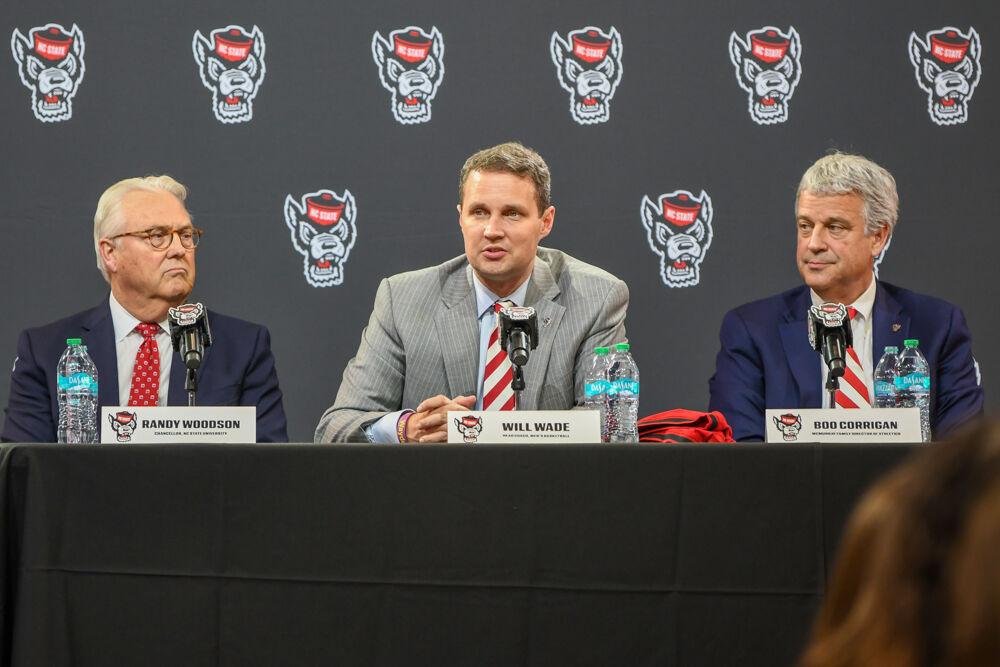NC State is lucky enough to have two of the most heralded men’s basketball teams in NCAA history: the criminally underrated 1974 team, known for their dominance and breaking up John Wooden’s string of championship teams at UCLA, and the 1983 team who defied the odds and won at the last second on a shot that embodied how improbable its season was. That team, and that shot, gets brought up every March when the NCAA Tournament is played, but I can’t help but feel that maybe it gets brought up a little too much.
Everything about that year was amazing, whether it be the shot against Houston, the close finishes or beating Michael Jordan and UNC twice en route to the championship, and it will always be comforting to know NC State is at the heart of one of the best moments in college basketball lore. But those games, like the players who played in them, have grown old and their day in the sun has since passed.
Of course, that’s not to say that the team needs to be forgotten. In fact, if that 1983 team is so appreciated by college basketball historians, then it makes sense for it to be such a big part of the history of basketball in Raleigh. But that 1983 team is spoken of now with a maniacal enthusiasm instead of the reserved respect that teams of a bygone era deserve, and the result is that team overshadowing everything else NC State, let alone NC State men’s basketball, has done before or in the 40 years since.
Rodney Monroe’s 48-point outing against Georgia Tech, Chris Corchiani setting an all-time record for assists in 1991 and Julius Hodge’s tear in the early 2000s, while not at the same level as a championship win, are rarely even talked about save for in the most die-hard of Wolfpack basketball circles. It shouldn’t have to be like this.
That maniacal enthusiasm is understandable to a degree. In a place with as much love for college basketball as Raleigh, it’s natural for fans of the program to reminisce about the last time their school had reached extraordinary heights, that being 1983 for NC State fans. But as years go by, there’s a certain level of apathy that’s to be expected — I’m willing to bet Oregon fans don’t care too much about their 1939 championship. Instead, emotional investment in the 1983 team is much higher than I would’ve expected.
For example, on March 21 of this year, Barstool NC State, a Twitter account mostly followed by college students, felt compelled enough to live tweet during a CBS re-airing of the 1983 championship game, after the cancellation of the 2020 NCAA Men’s Basketball Tournament. I think it’s safe to say that NC State’s Barstool account wasn’t doing this for its older audiences. They did it because there’s real interest from students currently at NC State in grainy footage they weren’t alive to see the first time around. Remembering history is obviously important, but 20-year-olds getting that excited for a game that ended 15 years before they were born is just weird.
On the surface, this sounds like nothing more than an angry rant, and I agree that there are some “get off my lawn” type vibes from this article, like I’m some 80-year-old man mad at the kids for having fun. But this has to be emphasized, this article is being written from a place of love, rather than contempt, for NC State basketball.
I mentioned some of the great moments and achievements in Wolfpack basketball since 1983, but one thing that was missing from that short list is another championship. Not to belabor the point, but Pack basketball hasn’t won a national championship since they cut down the nets in 1983.
Some years have been more promising than others, but the 37 years of basketball since then—with two Elite Eights and a Sweet Sixteen under the rest of Jim Valvano’s tenure, and two Sweet Sixteen appearances since— have been less than ideal, to put it lightly, for the resume of two-time champs. It seems as though the Wolfpack have lost their appetite for winning, and fans, inebriated by the halcyon days of 1983, are OK with it.
Blaming fans for NC State not winning a championship since the ‘80s may seem harsh, but it isn’t totally ridiculous. Being complacent with the team’s record and not demanding a better product on the floor is how you get five mediocre seasons under Sidney Lowe, an example of how fans are willing to sweep losses under the rug for so long, as long as their beloved point guard from ‘83 was coaching them.
Not being complacent is how, as much as it may pain the Wolfpack faithful to hear this, teams like UNC-Chapel Hill, who, like NC State, had two championships by 1983, end up with four more. Like Oregon, UNC probably doesn’t care as much about their 1957 title, at least not as much as their 2017 title. The year is now 2020, and people are so caught up with how great the team from ‘83 was that they don’t realize the team hasn’t done anything in the 30-plus years since. Does this happen without being at least a little bit content with everything 1983 accomplished?
Wyoming, City College of New York, Holy Cross, La Salle, San Francisco (twice), Loyola-Chicago and University of Texas at El Paso (Texas Western at the time) have all won national championships, and the only ways an average person might know that is if they looked it up, were training for Jeopardy or went to one of these schools.
Obviously, everyone at NC State knows about the two championships their school has won, but enough time has passed where the casual college basketball fan might not know that and, upon hearing of NC State’s triumphs in 1974 and 1983, may place NC State in that unofficial category from earlier of “random schools” who became NCAA champions — exciting at the time, but just another footnote in history.
But NC State isn’t just a “random” team to me, and it isn’t for a lot of Wolfpack fans. At the end of the day, fans shouldn’t want their teams, especially their championship teams, to be forgotten also-rans, but instead, they should want their teams to be among the bluebloods of the sport, long remembered in the history books. 1983 has already done that to some level for NC State, but if that’s all this school can muster in terms of elite play, they’ll be looked over in the future by people who could never have had a chance to realize that team’s greatness. And in order for NC State to reach that pantheon of college basketball’s great schools, it may be time to let go of 1983 and start thinking about how to win now.


